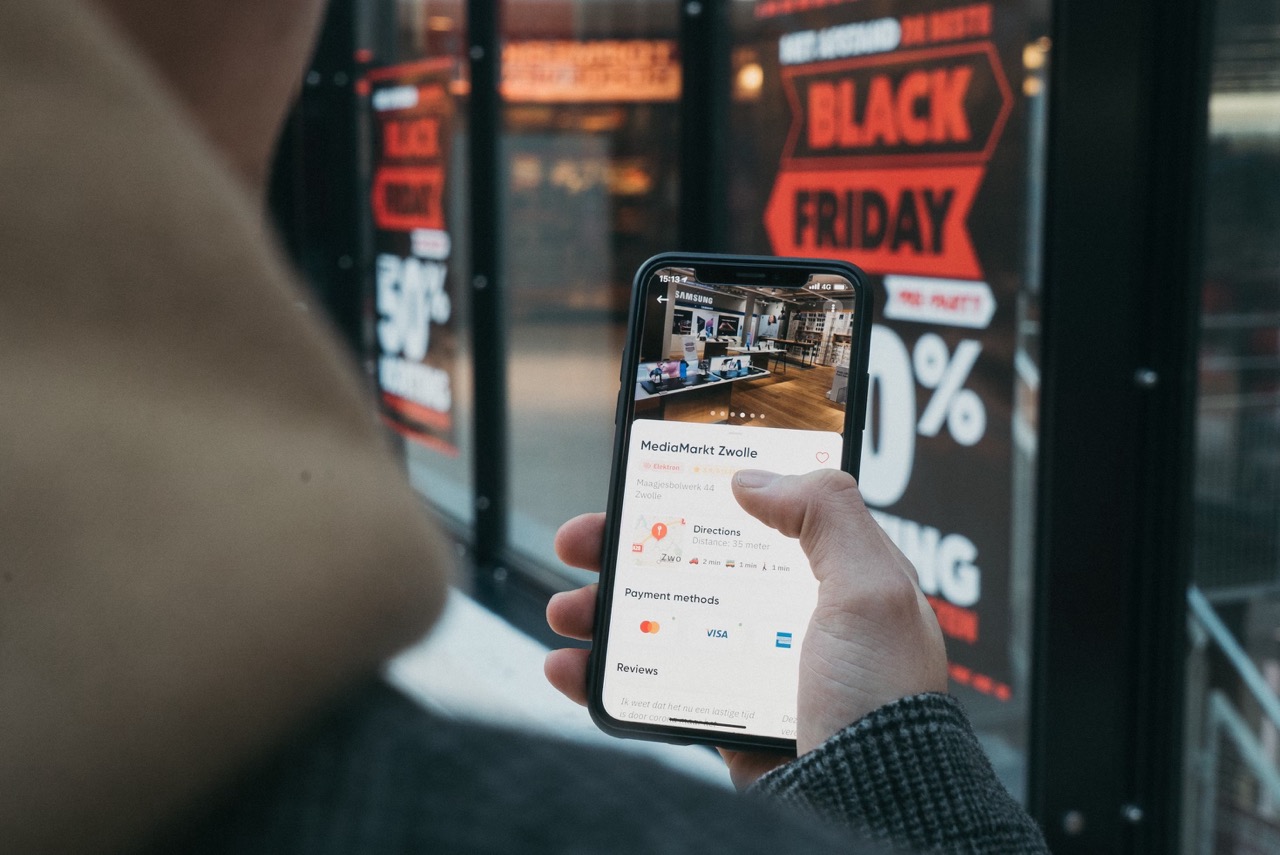Main meals
- Consumers give the priority of customer service and a suitable location near their jobs or home
- Shoppers with high income are likely to buy a good job
- Consumers in all countries tend to buy high -quality products
- The geographic information systems program combines the survey data and the customer survey to locate the optimal store
Consumers will not necessarily visit a store with a financial location unless it is part of their mindset regarding shopping places. Brick retailers and mortars must rise to this challenge in order to survive, especially small companies, which are historically struggling with sustainability. According to 2024 data, nearly a quarter (23.2 %) of American private companies are subject during the first year. 48 % of bankruptcy go within five years, 65.3 % closure during a decade.
Geographical information systems can mean good business
About 80 % of all business data is linked to the site. Companies run a vast world of data about customers, sales, postal menus, stocks, demographic educational files, etc., regardless of your industry, success in work means making more intelligent decisions faster than competition. It is important to be able to understand the market, get the data you need quickly, and dispose of it. Maps can be intuitively revealing the patterns, trends and opportunities that the tabular data may not determine. It can be the key to the success of the retail trade.
Tools like MAPTIVE Geographic Information Systems Program Privileges can help find the correct location of the next store, service department, distribution center, and more. GIS enables users to combine census data, customer surveys, market share, market penetration, and trade fields. Geographical information systems can help companies plan their exit strategies when markets are subjected to a shift.
Consumers appreciate customer service and a suitable location
Early research has identified two important workers behind shoppers ’decisions to choose a specific store on another – a good customer service and a suitable location near their job or home, with unified degrees of 100 and 98. Consumers seem to choose stores because of their location and how they deal with them. The following most important drivers are a wide range of products less than a specific price threshold and lower prices than other stores, with scores ranging from 71 to 74.
In a more modern study, its results were reported in 2024, Qualtrics XM Institute 28,600 consumers around the world are interrogated about their options from which you buy. They asked the participants to choose two of five options: purchase from a company that provided very good customer service, support, products, high -quality services, or low prices; A company with an intuitive mobile application or site, or a company that has done positive things for society and society in general.
The results confirmed the results of the above -mentioned study that consumers gave priority to services and good support. Globally, good customer service was the second largest priority. Interestingly, high -income shoppers are likely to buy from a good customer service, which was near the bottom of a list of low -income consumers.
It also gives priority to the quality of the product and online interfaces
Consumers in all countries have tended to purchase from companies with high -quality products or services. Japanese consumers showed the strongest preference for this, and New Zealands – the weakest.
The value of society ranged between countries of importance, but at the global level, it was the lowest in the list of priorities for consumers. Consumers are likely to buy from the United Arab Emirates with consideration for societal good, and Canadians are likely to be likely.
Finally, consumers under the age of 35 have been more likely to buy than companies with an intuitive mobile application or location compared to those between 35 years or more.


